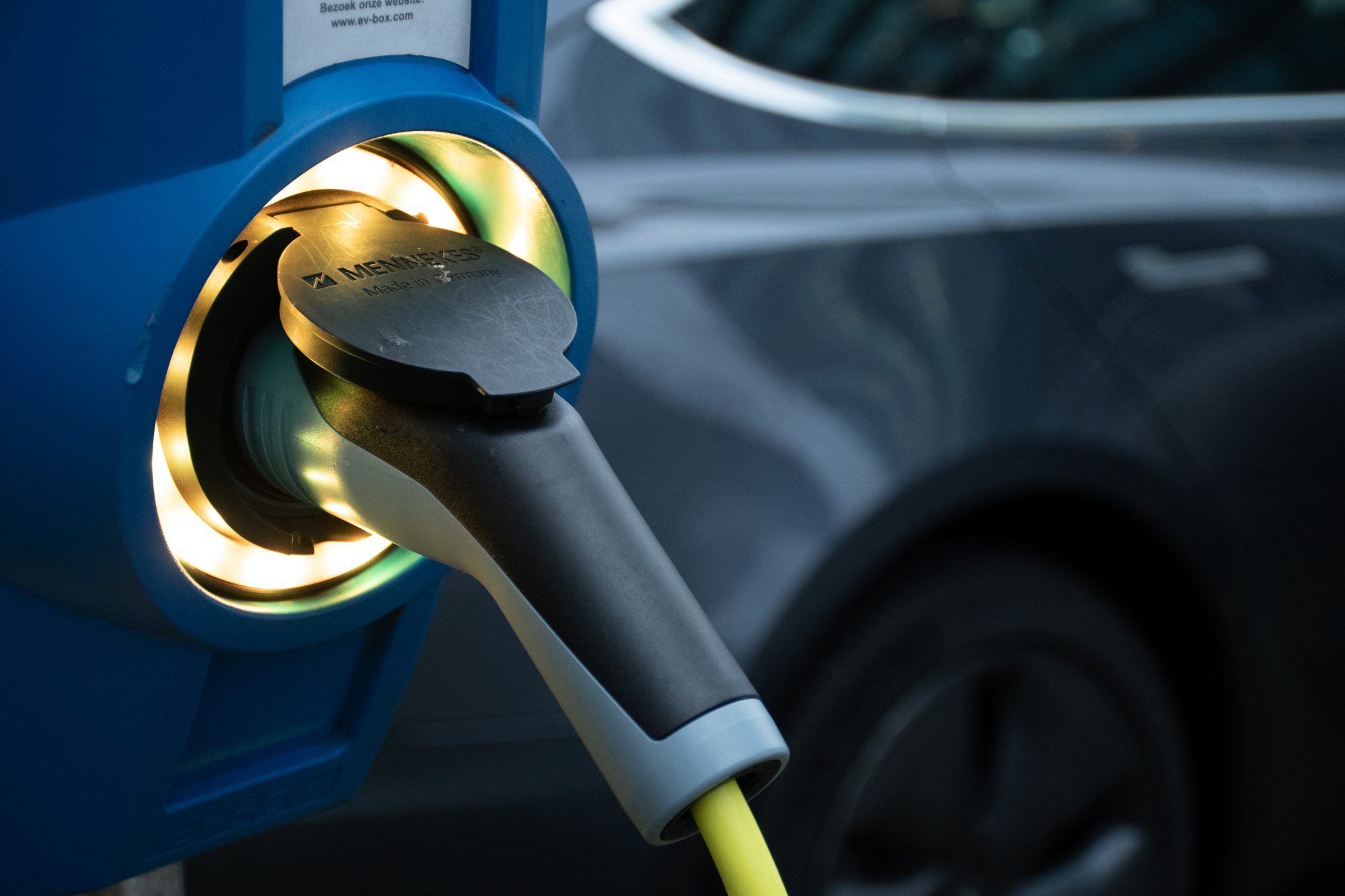A staggering 99% of working electricians believe that there are major risks with EV charging work. So, we must prioritise EV training, now
As the UK gears up to meet its 2030 ban on petrol and diesel cars, it’s not just car manufacturers and suppliers that are under pressure. Often overlooked, the EV charging industry and the people behind it are also under strain to provide the infrastructure needed to support EVs running on the roads – and to do it in time. Nationwide EV training is needed now, and fast.
But as it stands, the required infrastructure and skills to support its implementation are far behind schedule. The impact of this is two-fold. Not only does it mean that the industry could potentially miss its 2030 climate goals, but it is also threatening the safety of the electricians at work.
So, what does this mean?
Reaching our climate ambitions
The market shift towards electric vehicles is already underway, with one in six vehicles sold in the UK in 2020 having an electric plug – and this trend continues to rise. This is welcomed progress and a great step towards a more sustainable future.
One in six vehicles sold in the UK in 2020 HAS an electric plug
But to meet the demands of this change, EV infrastructure will need to be installed in homes, workplaces, street-side locations, destination locations and at petrol stations across the whole of the UK. So, it’s no surprise that 80% of electricians expect the demand for EV charge points to increase.
Ultimately, despite progress, our infrastructure is lagging behind. According to the Society of Motor Manufacturers and Traders (SMMT), only one new charger is installed for every 52 new electric vehicles registered. And at the end of 2020, there was, on average, only one public charger available for every 16 plug-in vehicles.
Despite progress, our infrastructure is lagging behind
We won’t have a workable EV network by 2030 unless we pick up the pace. EV charging is often the neglected piece of the puzzle, so if we’re to meet our goals, we need to work to make it a priority.

EV training: safety must come first
But it’s not all about whether or not we can meet our climate ambitions. The bottom line is that the lack of trained electricians to install the infrastructure we need for an EV transition is putting their health and safety at risk alongside EV consumers – which is increasingly concerning.
Our recent research found that a staggering 99% of working electricians believe that there are major risks with EV charging work. Such sentiment is supported by findings from CENEX and OZEV, compiled for the Department for Transport, which reported that nearly a fifth (18%) of new at-home charge point installations installed as part of the EV Homecharge Scheme had dangerous or potentially dangerous issues – and only 32% were labelled as satisfactory.
A staggering 99% of working electricians believe that there are major risks with EV charging work
This demonstrates a clear risk unless companies can ensure their workforce have the necessary EV training, skills, and knowledge to undertake this work safely. And this is a risk we cannot, and should not, take.
Prioritise skills, promote safety
With the Government setting a new target to increase the number of electric car chargers ten-fold to 300,000 by 2030, electricians will need to rapidly upskill to safely manage the workload. Our research found that 56% of respondents felt that they would have benefitted from formal EV charge point installation training, whilst 58% believe that the industry needs an updated qualification specifically for their installation.
We need to prioritise skills. With 73% of electricians likely to seek work installing or repairing EV charge points in the next 12 months, City & Guilds are calling on the industry to urgently support the training of electricians to help promote the EV transition safely.
But currently, the training isn’t available nationally, and there isn’t an impetus to undertake it. That’s why here at City & Guilds, we are introducing EV ChargePoint training courses and are prioritising our EV credentialing. But the industry must work together and unite in this journey, with credentialing bodies, employers and electricians all coming together to create a strong EV framework and a drive to prioritise EV training and development. And we need to do this fast.
Written by David Philips, Managing Director, City & Guilds










